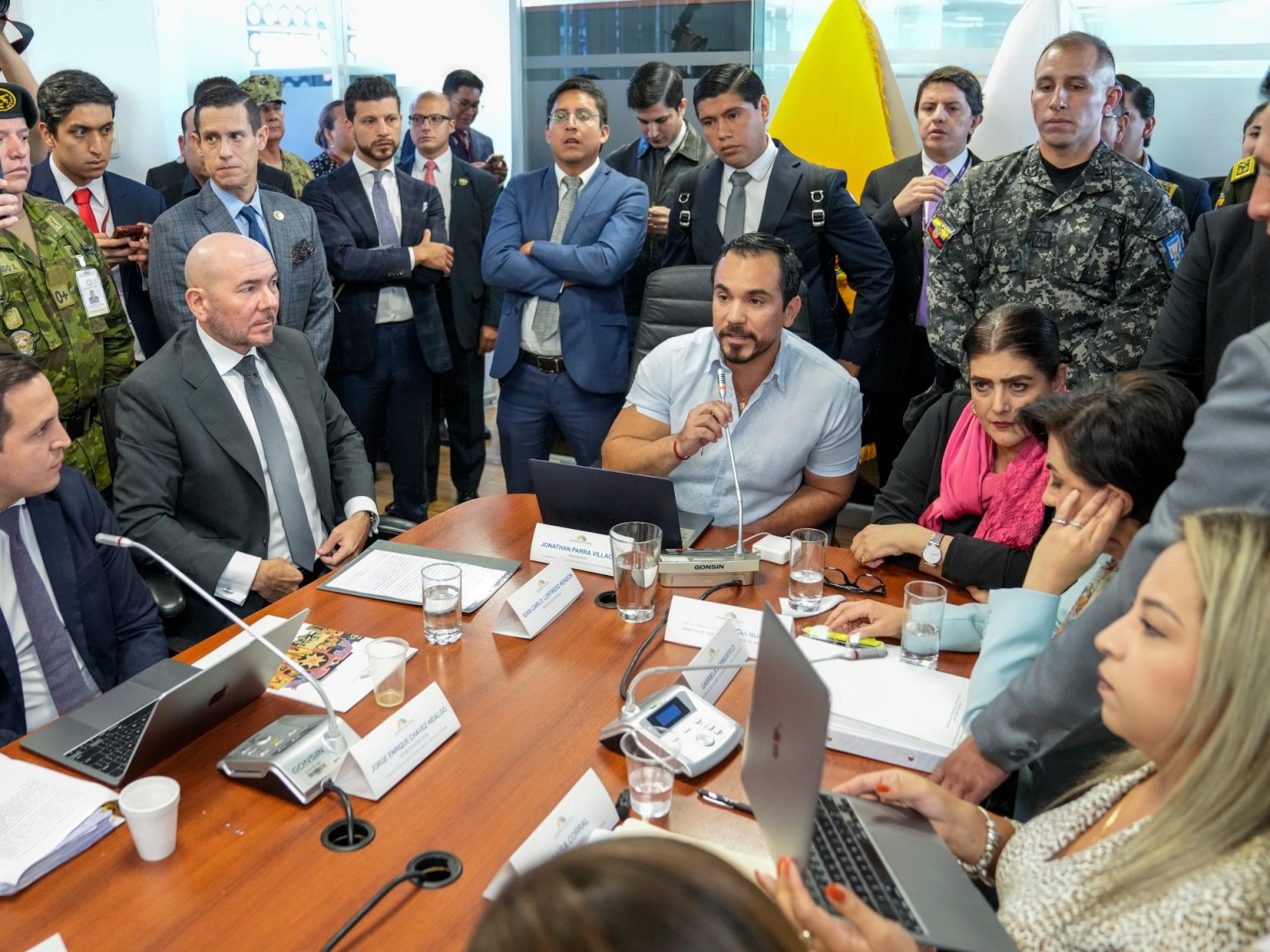Mexico has filed a complaint with the International Court of Justice to expel Ecuador from the United Nations due to a police raid on its embassy in Quito. President Lopez Obrador and Foreign Minister Alicia Barcena have condemned Ecuador’s actions as a violation of international law. The controversy arose when former Ecuadorian Vice President Jorge Glas sought refuge in the Mexican embassy to avoid arrest, leading to a police raid which resulted in his capture. This incident has sparked a diplomatic crisis between the two countries.
The Vienna Convention on Diplomatic Relations establishes that embassy premises are inviolable and protected from local police intervention. This rule aims to allow embassy staff to work without fear of arrest or harassment. However, the same protection also applies to political dissidents and individuals seeking refuge from criminal charges. In the case of Glas, who had been convicted of bribery and corruption, he had taken shelter in the Mexican embassy to avoid imprisonment. President Lopez Obrador had offered him political asylum prior to his arrest in Quito.
Following the late-night police raid on the Mexican embassy, Mexico has called for Ecuador’s suspension from the UN and has severed diplomatic ties with the country. The international community, including the United States and the Organization of American States, has expressed outrage over Ecuador’s actions, deeming them a violation of international law. The Mexican government released video footage of the raid, showing diplomatic personnel being manhandled by the Ecuadorian police.
In response to the criticism, Ecuador has defended its decision to raid the embassy, citing concerns over Glas’s eligibility for political asylum and its commitment to fighting corruption. Foreign Minister Gabriela Sommerfeld stated that a public apology is not under consideration at this time. Meanwhile, Glas, who is on a hunger strike in prison, was briefly hospitalized after his arrest. Former President Rafael Correa, under whose administration Glas served, claimed that Glas had attempted suicide following his arrest.
The situation involving Glas and the embassy raid has drawn attention to the complexities of diplomatic immunity and the protection afforded to individuals seeking asylum in foreign embassies. Mexico’s appeal to the International Court of Justice reflects its strong stance against Ecuador’s actions and the importance of upholding international law. The fallout from this incident has strained relations between the two countries and raised concerns about the treatment of political dissidents and those facing criminal charges. The resolution of this diplomatic crisis remains uncertain as both Mexico and Ecuador stand firm in their positions.


